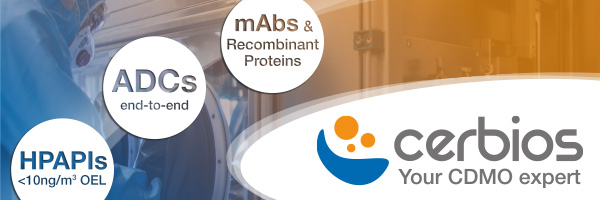Contract Services
Envigo expands Livermore (USA) surgical facilities to meet rising demand from West Coast companies 22nd March 2018
Envigo is investing in an expansion of its surgical facility at its Livermore, California site in response to large market demand from West Coast customers. The new expanded capabilities will help create a West Coast Centre of Excellence for surgical services and complement the company’s existing offering at its Indianapolis, Indiana site.
The company will oversee a ten-fold increase in surgical capacity at its Livermore site – up from 500 to 5,000 square feet, a near doubling of surgical technicians and the installation of advanced equipment. ICU recovery chambers and advanced ventilator and microscopic technologies – already in place at the Indianapolis site – will be installed. In addition, Envigo will fit environmentally friendly individual ventilated cages (IVCs) for all models and state-of-the-art RFID and software surgical tracking systems – providing vital monitoring of animal models from entering surgery right through to customer delivery.
There has been a large growth in outsourced surgical demand as pharma and biotech companies seek better access to translational surgical models, in particular in specialist areas like myocardial infarction (MI). Growing numbers of companies, especially in the San Francisco area, are focused on developing new MI targets and pipelines.
“Our high quality myocardial infarction models are usually at 98% usefulness in any given order of surgical models – much higher than any other leading providers in the market. Consequently, we are able to meet a pressing need of customers and prospects based in the region. MI requires exceptional expertise and high precision surgery and we have needed to increase capacity at Livermore to keep pace with demand,” commented Brad Gien, Head of North America Surgery at Envigo.
In cementing its credentials in this specialist service, Envigo re-certifies all its surgeons every six months, for each specific intervention. For example, for myocardial infarction, researchers need to be able to undertake difficult procedures such as vascular catheterization and examine arterial blocks as small as the width of a hair. It is also important for animal welfare that a provider is able to carry out these surgeries with the minimal risk of infection, maximum animal recovery and without mistakes rendering the specific animal unsuitable in a study. The ultimate problem is that mistakes in surgical procedures can have knock on effects on study results that could even lead to the termination of the pipeline.
“One of the key considerations was to bring our specialist myocardial infarction models to this location, as it is so close to a key development hub for this particular product class. We are now able to take a much greater volume of orders and it is logistically much easier to service our customers in the region,” added Brad Gien.



